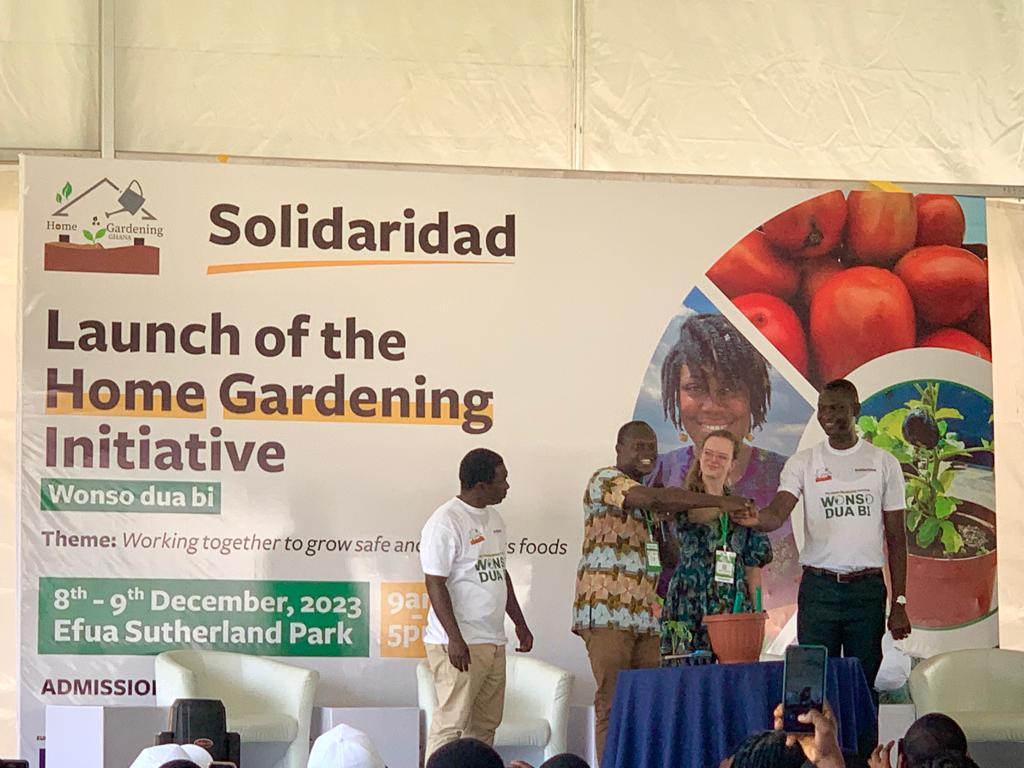
He said while some landlords had adhered to the environmental bye-laws of the assemblies by constructing household toilets, others had remained adamant.
He made the call when members of the Ashanti Regional Chapter of the Ghana Water and Sanitation Journalists Network (GWJN) toured some water project sites in the region.
The projects include mechanised boreholes for 19 communities being undertaken by the Ashanti Regional Office of the Ghana Red Cross Society (GRCS) in collaboration with Nestle.
The communities in three districts in the region - Ahafo Ano North, Ahafo Ano South and Adansi South - were selected by Nestle to enhance the Water, Sanitation and Hygiene (WASH) situations of the people.
Mr Akanaba said it was important to encourage household toilet ownership through the Community-led Total Sanitation (CLTS) and inspire the people to do away with open defecation.
That, he said, called for the need to intensify house-to-house sensitisation on the need to end open defecation and improve on the number of household toilets.
“Adherence to good water and sanitation practice is seen as the best way to prevent diseases,” he said.
Biggest challenge
Mr Akanaba noted that sanitation was one of the biggest challenges of metropolitan, municipal and district assemblies in the country.
He, however, expressed the hope that with continuous public education, the menace could be nipped in the bud.
Water project to be expanded
The Ashanti Regional Manager of GRCS, Mr Michael Kwame Asante, said the water projects were part of their plans to improve the hygiene situation of the communities.
Dubbed: “Ghana WASH Project,” he said, the projects would be extended to other communities in the three districts and even beyond, but he bemoaned insufficient financial support.
He added that personnel of the GRCS had been educating the people in the communities on the need to properly dispose of refuse. Read Full Story













Facebook
Twitter
Pinterest
Instagram
Google+
YouTube
LinkedIn
RSS